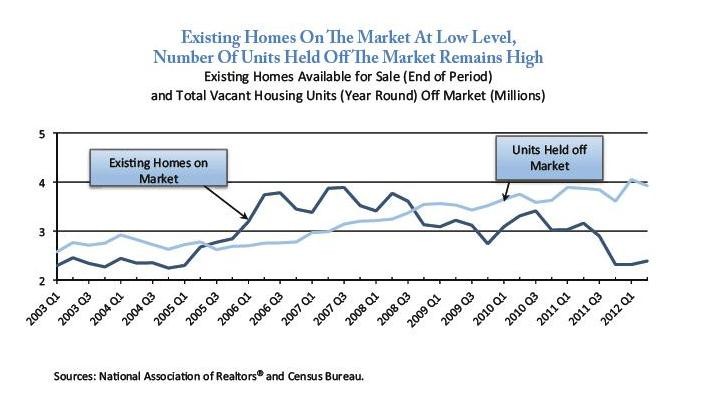Short Sales Good for Housing Market Economy
Post on: 11 Июль, 2015 No Comment

Short Sales Good for Housing Market, Economy
By: Brian O’Connell
A new report out by Fitch Ratings says that short sales. long dreaded by borrowers while much maligned by realtors and lenders, may have a big impact in getting the U.S. real estate market back on its wobbly feet.
The report says short sales of U.S. residential homes is “gaining momentum”.
Short sales are triggered when a piece of real estate – usually a residential home – is worth less than the amount owed on the mortgage. Short sales occur when the borrower and lender agree that selling the home at a loss is better than having the property fall into foreclosure .
The Fitch report says that short sales should pick up speed after a recent Federal Housing Finance Agency proposal to speed up the short sale process (which can take weeks or months longer than a normal home sale, thanks mainly to foot-dragging from reluctant lenders).
That ruling seems to be paying dividends, as Lender Processing Services reports that in January, short sales actually outpaced foreclosures for the first time ever. Taking properties off the market via short sale is highly preferable to having them in foreclosure, which can drive down neighborhood homes values and potentially ruin the homeowner’s credit.
LPS says that short sales accounted for about 24% of all U.S. home purchases in January, while foreclosures accounted 19.7% of U.S. home sales. In the same period in 2011, 16.3% of home sales were short sales, and 24.9% represented foreclosures.
The move to short sales may be highly desirable to lenders, who have been notoriously reluctant to green light such sales. Fitch says short sales are being completed 20 months after the last payment made on the average mortgage, and that’s 10 months less than the average time to close out a foreclosure.
“Shorter timelines reduce lenders’ carrying costs (i.e. accrued loan interest and property taxes, insurance, and maintenance) and eliminate most of the legal expenses associated with foreclosure and liquidation,” the Fitch report said. “As a result, loss severities tend to be considerably lower. Historically, for loans with similar attributes, short sales have severities 10%-15% less than REO (real estate owned) sales. As the proportion of short sales increases, we expect average loss severities to improve further.”
Industry groups and government agencies are getting more aggressive about pushing short sales. The National Association of Realtors, in collaboration with the U.S. Department of the Treasury, is working to get delinquent homeowners and loan servicers together face-to-face to facilitate more short sales.

The pilot program, which will kick off in Chicago at an outreach event Monday, is geared to strip away the fear of short sales to homeowners. and to ease the reluctance of mortgage lenders to agree to shot-sale deals.
“We are working hard on behalf of homeowners who are unable keep their home and considering a short sale as an option to help them avoid foreclosure, NAR President Moe Veissi said in a statement. These events offer a tremendous opportunity for realtors and homeowners to gather the tools and information they need to achieve the best possible outcome for their family.
This event is well-timed, Veissi added. Just last week, the Federal Housing Finance Agency issued new guidelines to help streamline the short sales process, requiring Fannie Mae and Freddie Mac loan servicers to acknowledge receipt of short sale purchase offers within three business days; respond to short sale requests within 30 days (with a possible 30-day extension); and make a final decision within 60 days of receiving purchase offers.
That should help make public and private efforts to streamline short sales easier for sellers and lenders to absorb, and make them more pervasive in the real estate marketplace.
That, in turn, should bolster the housing market, and hopefully lead to a stronger consumer economy – just in time for the summer home-selling season.
For more ways to save, spend, invest and borrow. visit MainStreet.com.














